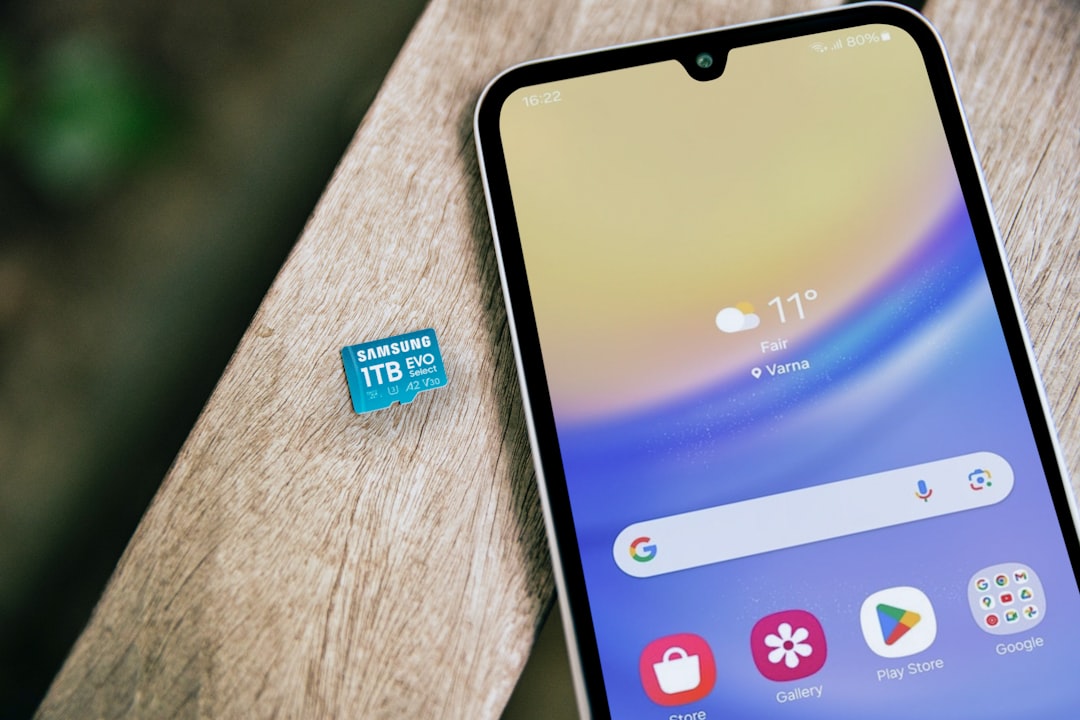In New Jersey, automated marketing calls (robocalls) are regulated by state law, which prohibits them without explicit consent. Residents can take action against unwanted robocalls through blocking numbers, registries, apps, and legal recourse. The Telephone Consumer Protection Act (TCPA) offers privacy rights against harassment. Documenting calls strengthens cases for lawsuits under TCPA. Community programs educate on do-not-call lists and reporting, reducing neighborhood robocalls. New Jersey laws empower residents to sue for robocall violations.
In the digital age, robocalls have become a ubiquitous nuisance, with millions of Americans receiving unwanted calls daily. This article explores effective robocall prevention strategies specifically tailored to New Jersey (NJ). We delve into NJ’s legal framework, including consumer protection laws that curb these automated calls. Learn about proven techniques to stop robocalls and understand your rights—including the option to take legal action with potential lawsuits in NJ if violated. Discover community-based solutions for a quieter, more peaceful phone experience.
Understanding Robocalls and NJ Laws

Robocalls, automated phone calls that deliver pre-recorded messages, have become a widespread nuisance, especially with the advancements in technology. In New Jersey (NJ), these unwanted calls are not only disruptive but may also violate state laws. The New Jersey Division of Consumer Affairs has implemented regulations to curb excessive robocalling, protecting residents from unsolicited calls.
Under NJ law, businesses are prohibited from making automated telephone calls for marketing purposes without prior explicit consent. Consumers have the right to sue for damages if they believe their privacy has been invaded by robocalls. If you’re wondering, can I sue for robocalls in New Jersey?, the answer is yes. Knowing your rights and understanding the legal framework surrounding robocall prevention can empower NJ residents to take action against these intrusive calls.
Common Techniques to Stop Unwanted Calls

Robocall prevention strategies have become a pressing issue in New Jersey, where residents often seek ways to curb the deluge of unwanted calls. Common techniques to stop these nuisance calls include blocking numbers through phone settings, enrolling in Do Not Call registries, and using call-blocking apps or software that filter out known robocaller ranges. Additionally, many phone service providers offer advanced call-screening features designed to identify and block automated voice recordings.
While these measures provide a level of protection, the effectiveness of each method varies. For instance, while blocking numbers and registries can reduce the volume of robocalls, they may not prevent all such calls entirely. Enrolling in the National Do Not Call Registry, as mandated by federal law, is a crucial step for consumers considering legal action against persistent robocallers. Furthermore, New Jersey laws regarding telemarketing practices offer avenues for individuals to file complaints and potentially sue for robocalls, providing some recourse for those seeking relief from this growing nuisance.
Legal Action: Can You Sue in New Jersey?

In New Jersey, robocall prevention isn’t just about technological measures; legal action plays a significant role in deterring unwanted automated calls. The Telephone Consumer Protection Act (TCPA) is a federal law that restricts telemarketers’ practices and provides consumers with rights against unsolicited calls. If you’ve received disturbing or harassing robocalls, you might have grounds to take legal action.
New Jersey residents can file a lawsuit under the TCPA if they believe their privacy has been violated by automated telephone marketing. While suing may seem daunting, successful cases can result in substantial financial compensation. It’s advisable to document all suspicious calls, including dates, times, and any recorded messages, as these details can strengthen your case. There are legal professionals specializing in robocall lawsuits who can guide you through the process, ensuring your rights are protected.
Effective Community-Based Solutions

In New Jersey, effective community-based solutions have emerged as powerful tools in the fight against robocalls. Many residents have taken it upon themselves to organize and lead local initiatives aimed at curbing these unwanted calls. One successful approach involves educating community members about do-not-call lists and providing resources to sign up. By empowering individuals to take control, these efforts significantly reduce the volume of robocalls received by the entire neighborhood.
Additionally, community-led programs often involve reporting suspicious or harassing calls to relevant authorities. This collective action not only helps in identifying and penalizing culprits but also serves as a deterrent for potential robocallers. Given that New Jersey has strict laws regarding telemarketing practices, individuals who receive unwanted calls may even consider suing for robocalls, reinforcing the need for proactive community engagement in preventing these intrusive communications.






